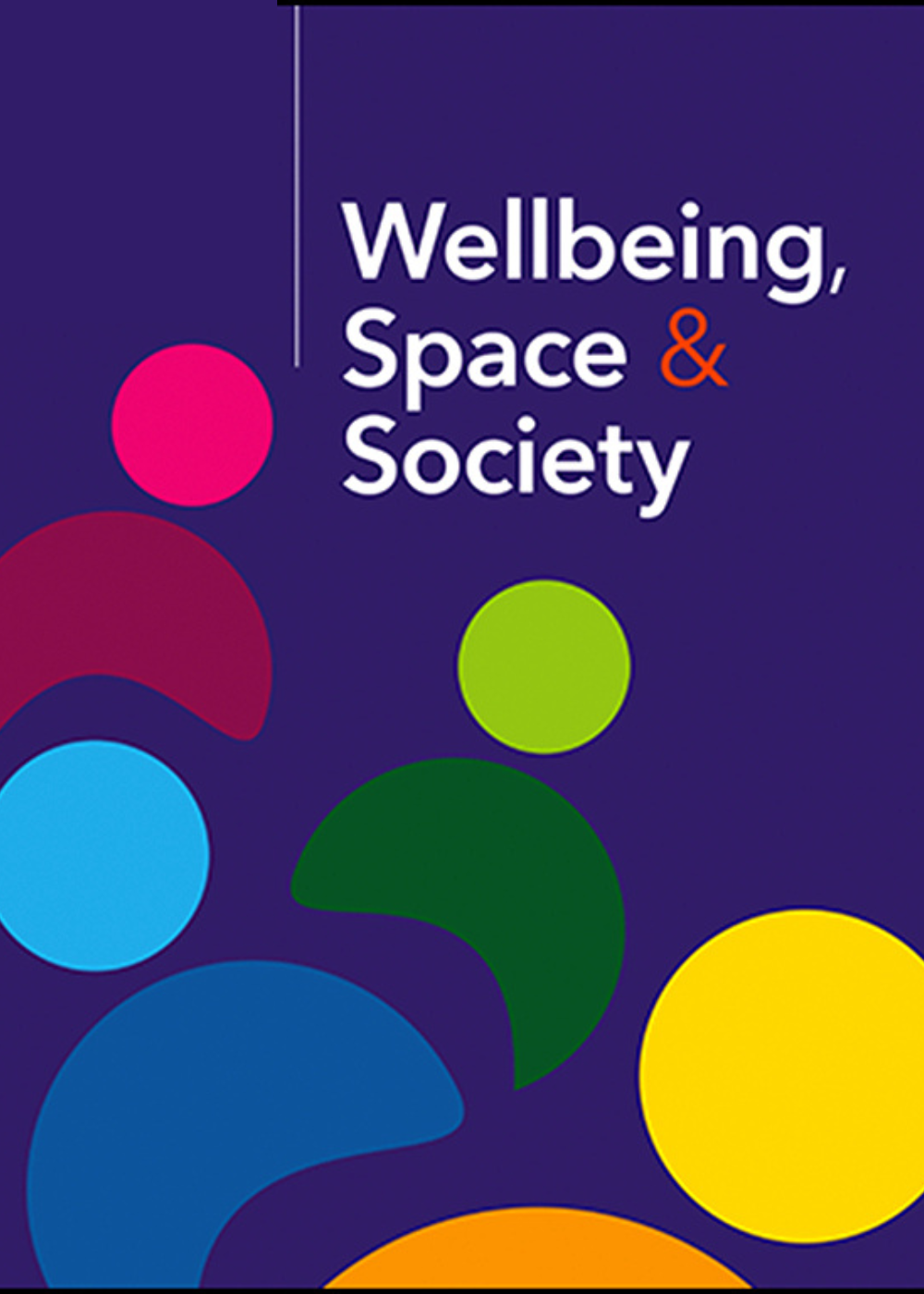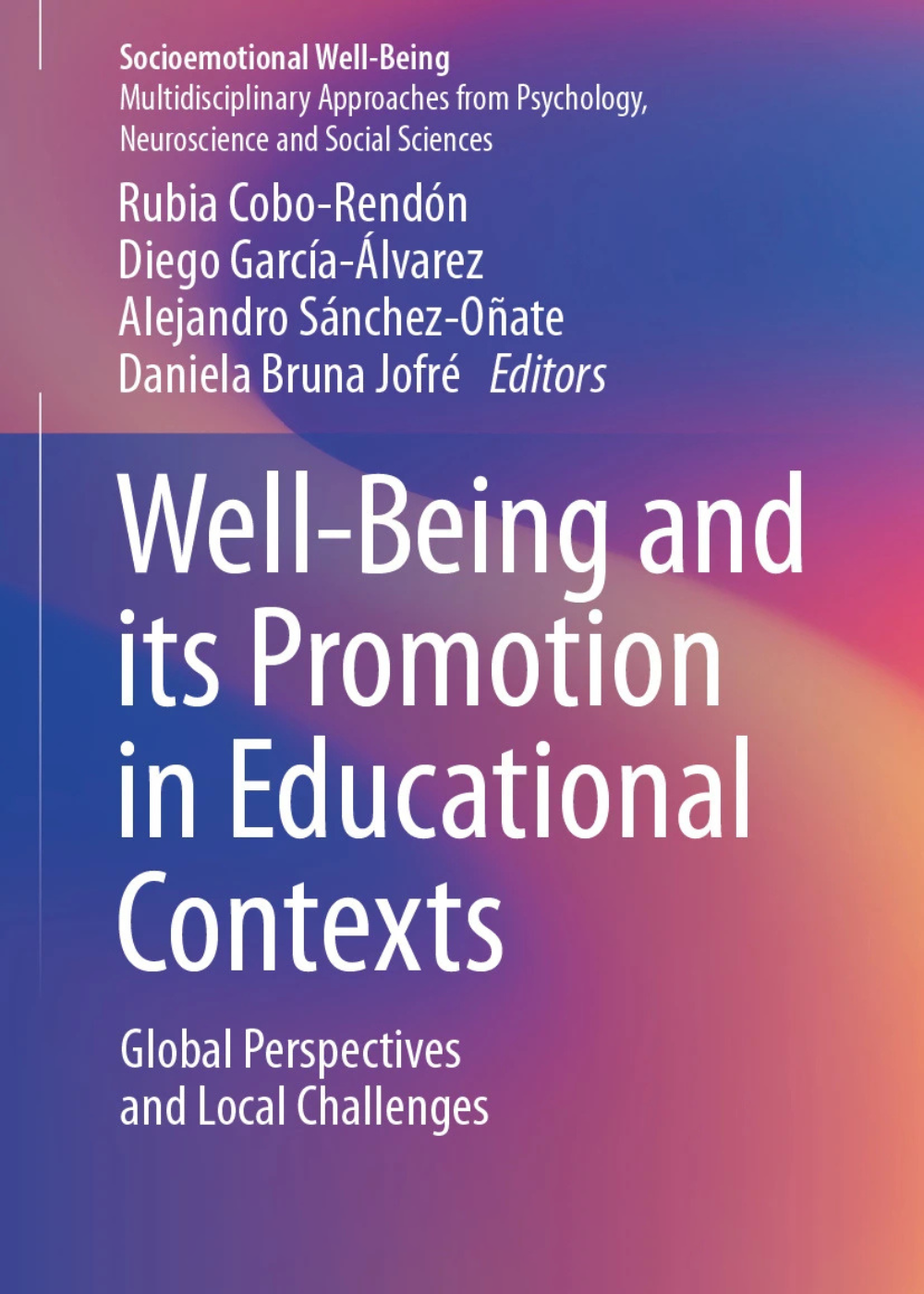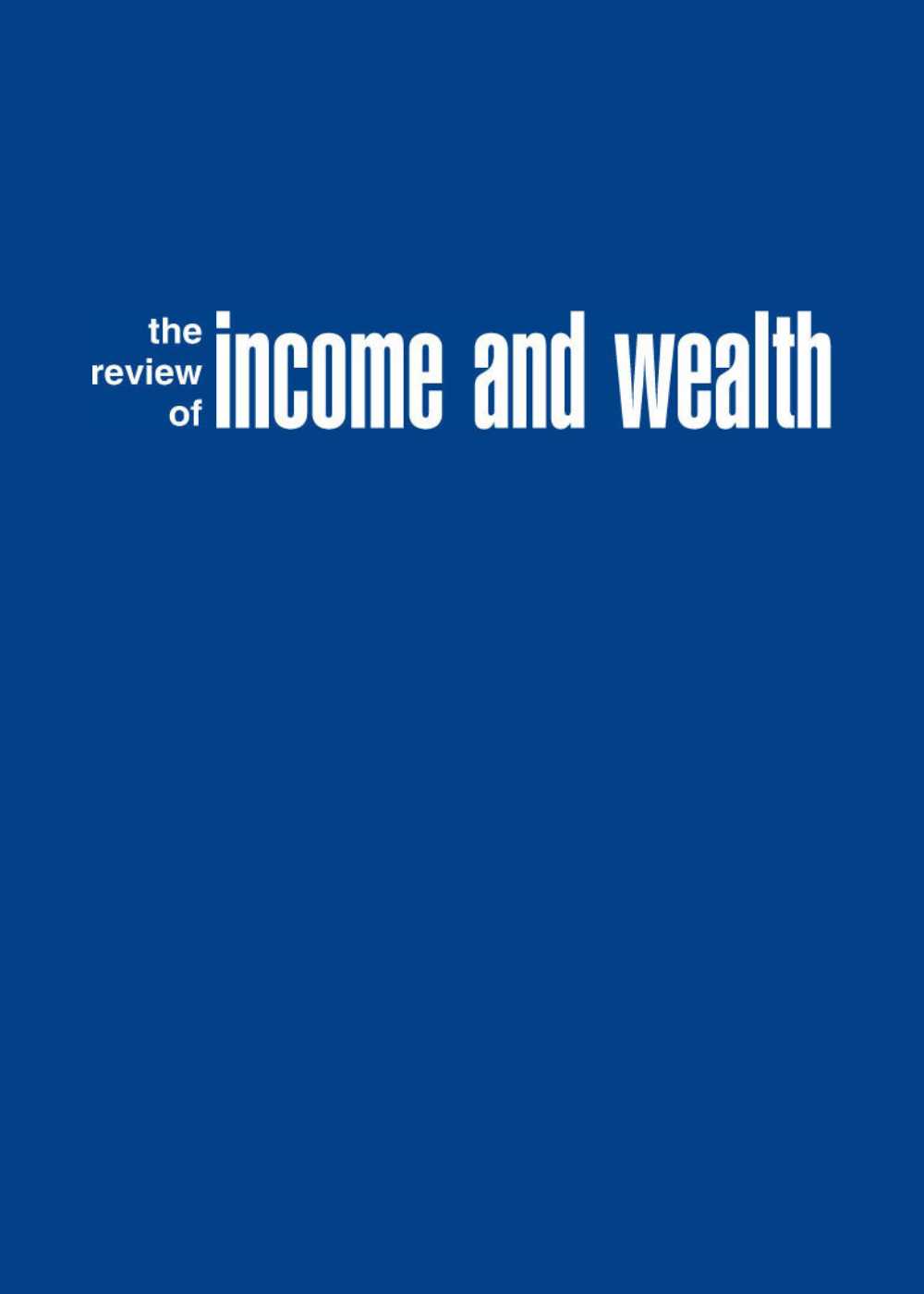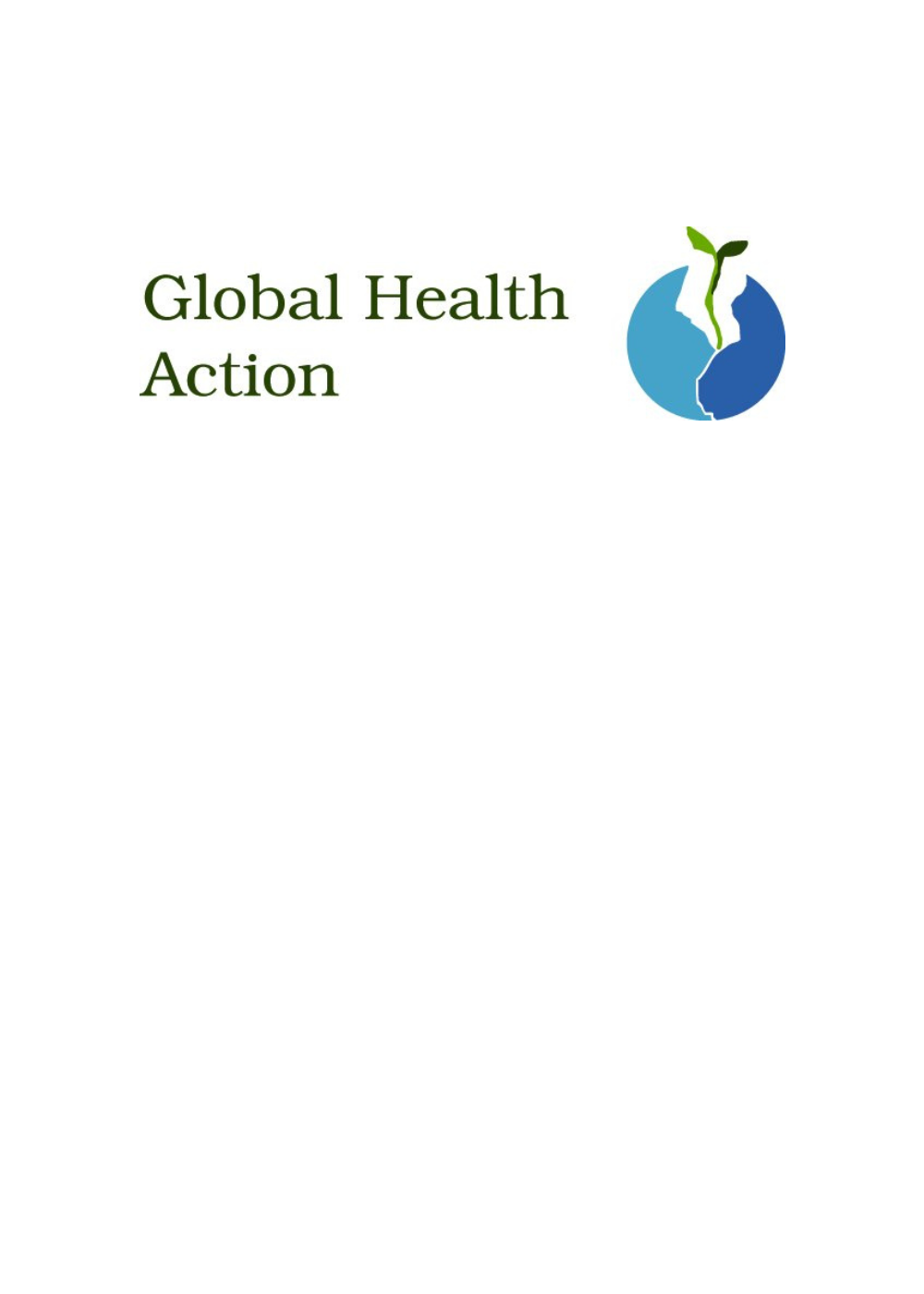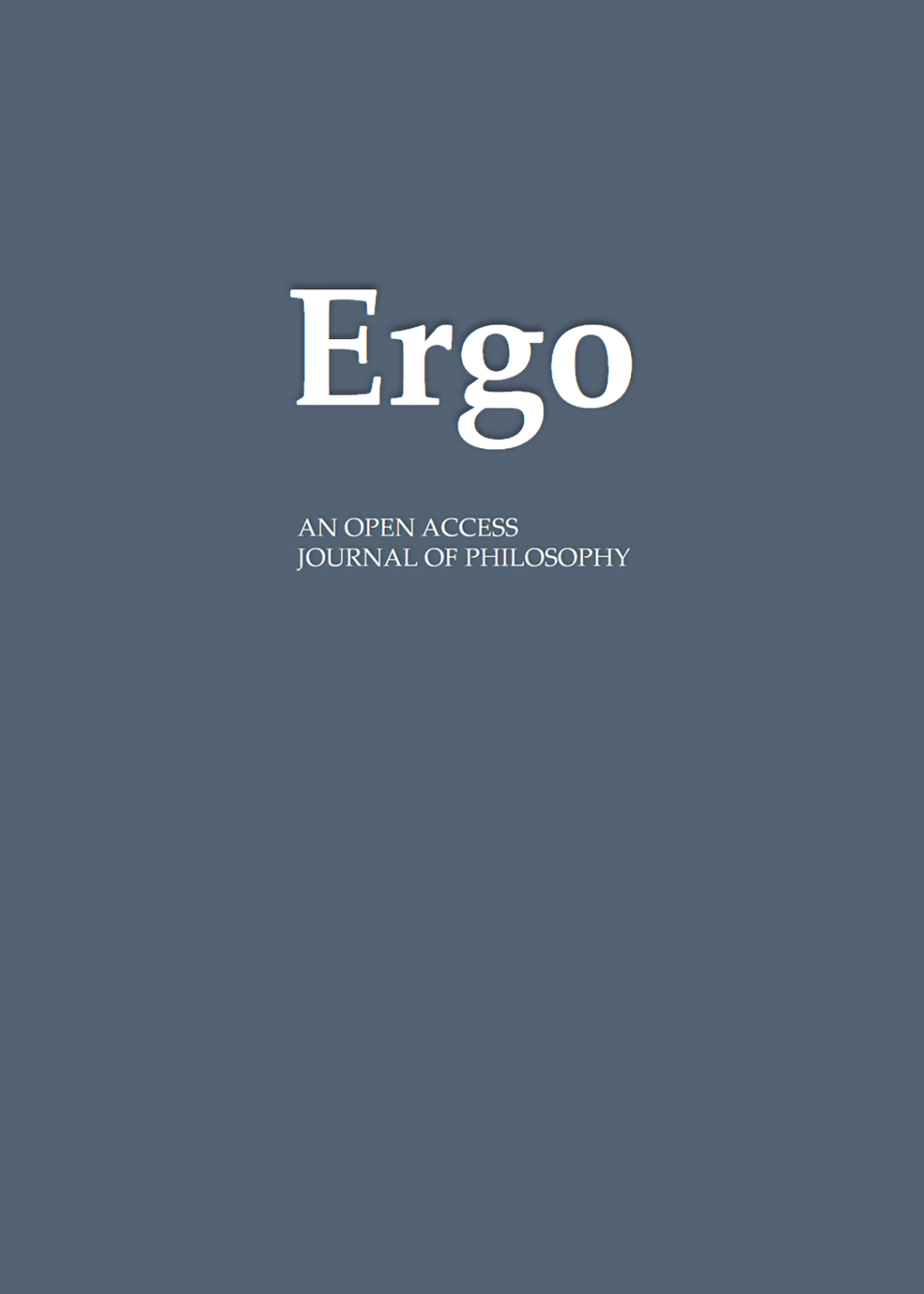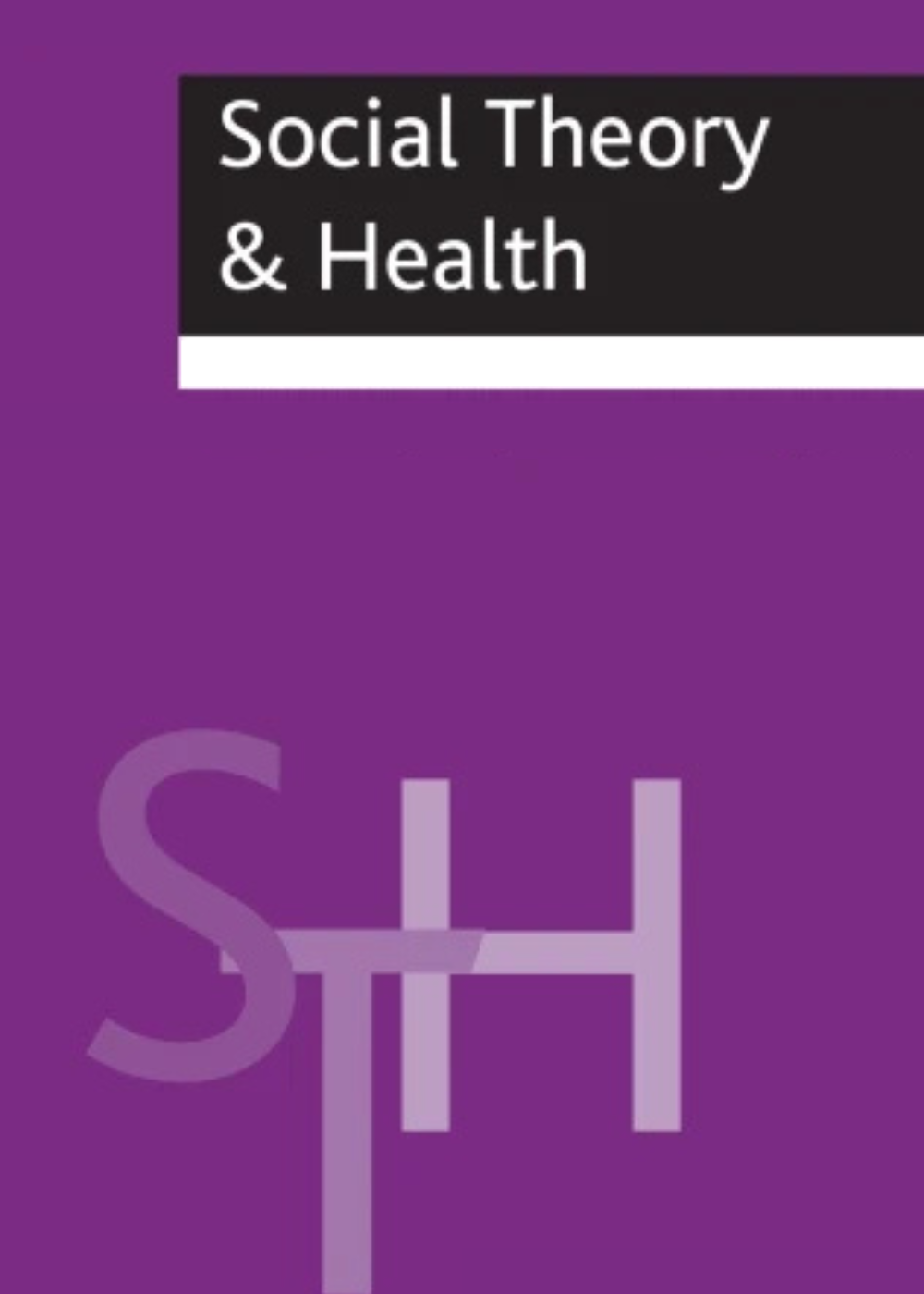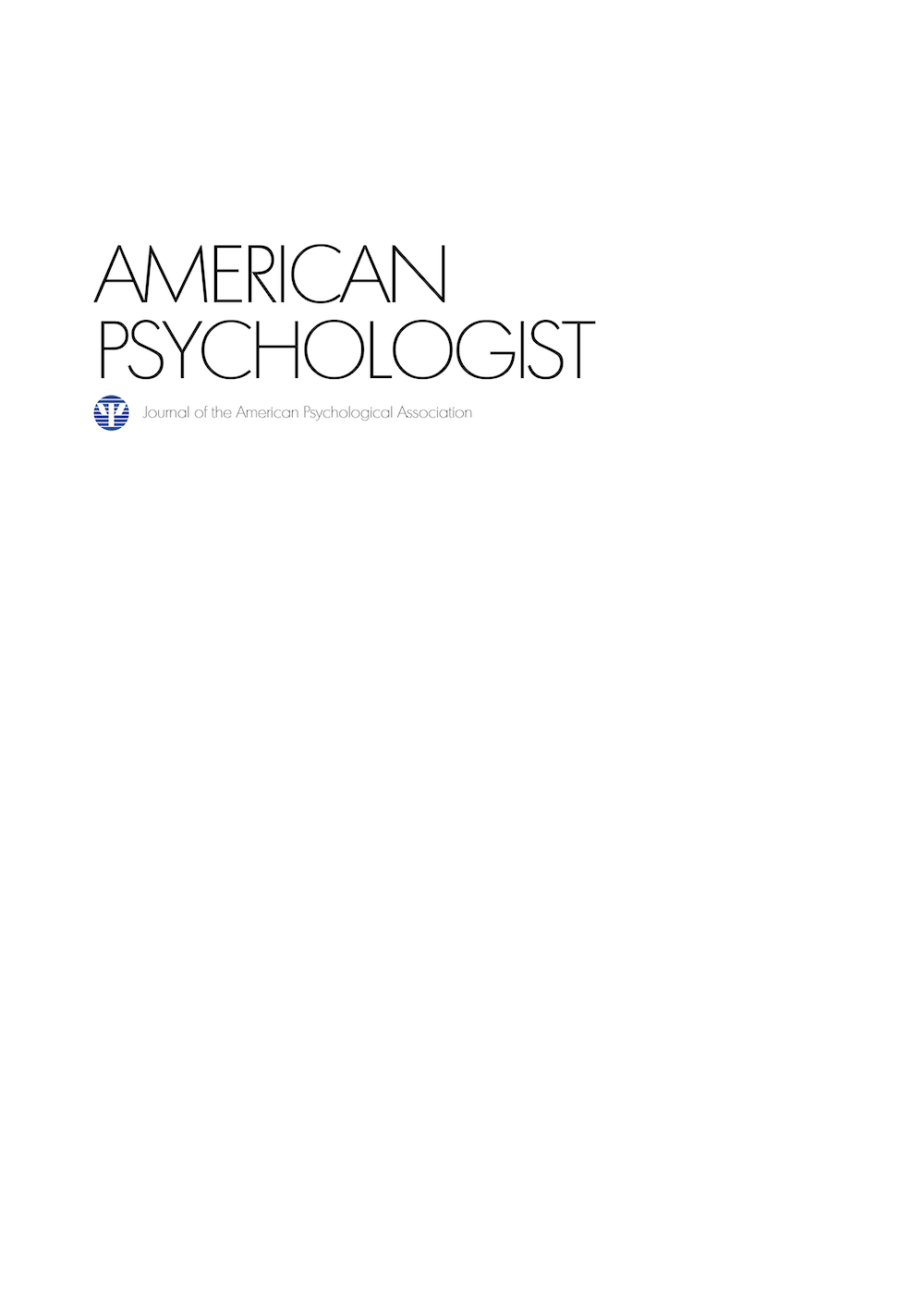
The Role of Negative Affect in Shaping Populist Support: Converging Field Evidence From Across the Globe
American Psychologist
George Ward, H. Andrew Schwartz, Salvatore Giorgi, Jochen I. Menges and Sandra C. Matz
Abstract
Support for populism has grown substantially during the past 2 decades, a development that has coincided with a marked increase in the experience of negative affect around the world. We use a multimodal, multimethod empirical approach, with data from a diverse set of geographical and political contexts, to investigate the extent to which the rising electoral demand for populism can be explained by negative affect. We demonstrate that negative affect—measured via (a) self-reported emotions in surveys as well as (b) automated text analyses of Twitter data—predicts individual-level populist attitudes in two global surveys (Studies 1a and 1b), longitudinal changes in populist party vote shares at general elections in Europe (Study 2), district-level Brexit voting in the 2016 U.K. referendum (Study 3), and county-level vote shares for Donald Trump in the 2016 and 2020 U.S. presidential elections (Studies 4a and 4b). We find that negative emotions—such as fear and anger as well as more often overlooked low-arousal negative emotions like depression and sadness—are predictive of populist beliefs as well as voting and election results at scale.
